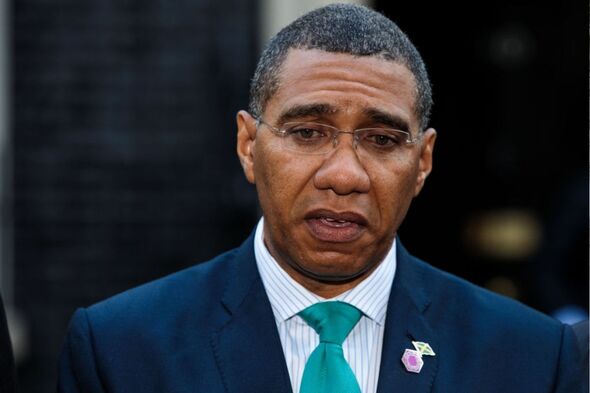Jamaica has taken a significant step towards full sovereignty by introducing a bill to remove King Charles as the head of state. This landmark legislation aims to establish a Jamaican president, responding to longstanding calls for constitutional change and reflecting a growing desire to fully decolonize and assert the nation’s identity.
On December 10, 2024, Legal and Constitutional Affairs Minister Marlene Malahoo Forte tabled the Constitution (Amendment) Republic Act 2024 in the House of Representatives. She described the moment as “historic,” marking the beginning of efforts to abolish the monarchy. The bill could be debated in parliament as early as this month or next, but it faces a complex path to implementation. To become law, the bill requires a two-thirds majority in both houses of Parliament and must be ratified through a referendum. While the governing Jamaica Labour Party (JLP) currently holds the necessary majority in the lower house, the process is not without challenges. A general election scheduled for this year could potentially delay the proceedings.
The bill outlines a significant transformation of Jamaica’s governmental structure. The current governor-general, King Charles’ representative, would be replaced by a president nominated through a collaborative process. The prime minister would nominate a candidate in consultation with the opposition leader. If no agreement is reached, the opposition leader can recommend an alternative, and ultimately, the prime minister can choose a nominee to be elected by parliamentary majority.
Jamaica’s move is part of a broader regional trend of decolonization. The country gained independence in 1962 but, like 13 other former British colonies, has maintained the British monarch as head of state. A 2022 survey by pollster Don Anderson revealed growing public support for change, with 56% of Jamaicans favoring removal of the monarch. A significant increase from 40% a decade earlier. The push for change is deeply rooted in the country’s painful historical legacy. Hundreds of thousands of enslaved Africans were brought to Jamaica during the transatlantic slave trade, and scholars argue that the enduring effects of slavery and colonialism continue to impact the nation.
The bill has not been without controversy. Some critics argue that the proposed changes do not go far enough in breaking colonial ties. Opposition Senator Donna Scott-Mottley has raised concerns about the president selection process, warning of potential manipulation without adequate checks and balances. Steven Golding from the Universal Negro Improvement Association expressed reservations about simply replacing one figurehead with another. The debate extends to other institutional connections, such as the final court of appeal. While some advocate for adopting the Caribbean Court of Justice to align with decolonization efforts, the Jamaican government has indicated that such matters will be addressed in a phased approach.
Jamaica is not alone in this journey. Barbados removed Queen Elizabeth as head of state in 2021, setting a precedent for other Caribbean nations. Buckingham Palace has consistently maintained that such decisions are for local people and politicians to determine. During a 2022 visit to the Bahamas, Prince William expressed support for Caribbean nations’ right to self-determination. Britain has so far rejected calls for reparations, adding another layer of complexity to the ongoing dialogue about colonial legacy.
